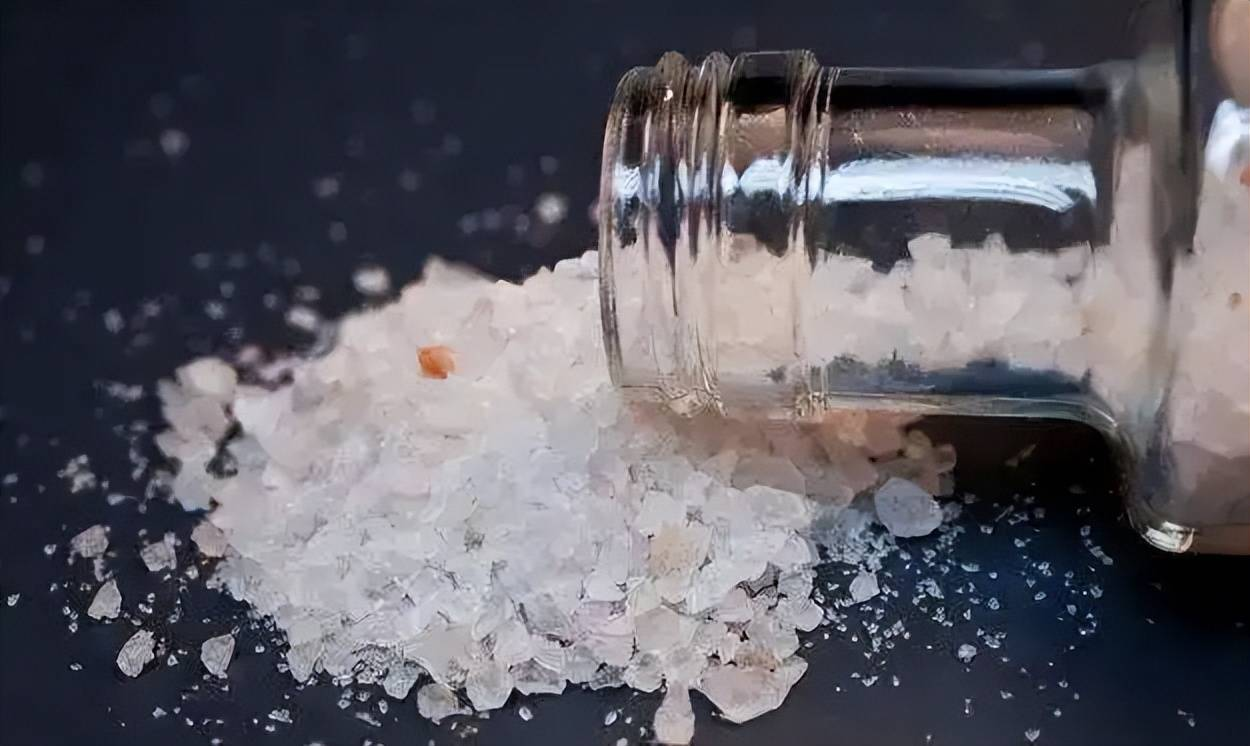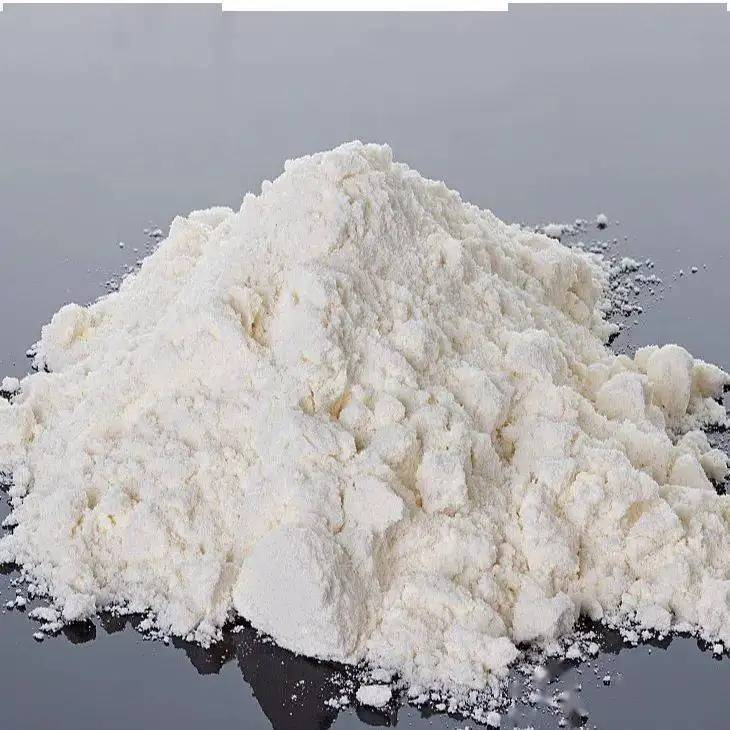The news of a large amount of cocaine being found in a Nescafe has become a hot topic of concern. We all know that caffeine is a common ingredient in coffee, and that moderate amounts of caffeine can increase metabolism, relieve muscle fatigue and improve blood circulation. But when people hear about the unfamiliar cocaine they may associate it with drugs, drugs that can be addictive and euphoric. If you ask more about what exactly cocaine does to the human body, many people are unable to answer this question.

Cocaine, with the chemical name of benzyl blastine, is white crystal, odorless and bitter in taste. The raw material of cocaine is "coca". As a shrub, coca is a traditional crop in the American continent.
Although cocaine is a drug, it is used as an anaesthetic in medical treatment because of its good anaesthetic effect. Cocaine penetrates well and is mainly used for surface anaesthesia, but should not be injected due to its high toxicity. Cocaine has damaging effects on the digestive, immune, cardiovascular and genitourinary systems, especially as a dose-dependent hepatotoxin, which can lead to liver cell necrosis.

What are the symptoms after taking cocaine?
- Cocaine use can produce a strong psychological dependence. Initially, cocaine use can have a stimulating effect on the central nervous system, producing hallucinations and leaving the person addicted to the mental world. Long-term use can lead to psychiatric disorders, also known as cocaine psychosis. This is accompanied by personality abnormalities or delusional psychotic symptoms. Severe depression and lethargy may occur if use is suddenly stopped. Over time, the addict's heart rhythm increases, he or she becomes short of breath and, in severe cases, can simply die in the spirit world. In addition to this, hepatitis and HIV can be transmitted if taken through a needle.
2. Acute intoxication: includes pleasant sensations, intoxication, dilated pupils, increased blood pressure, abdominal pain, nausea, vomiting and difficulty in breathing.
3. High doses can cause cerebral palsy and respiratory failure leading to death.
4. Cocaine addicts experience paranoid psychosis, delusions and pseudo hallucinations when using high doses of cocaine. Cocaine use can also lead to mental disorders and even self-harm. People who take it to excess will attack people and objects around them, causing a great danger to society.
5.Damage to the cardiovascular system: Ischemic cardiomyopathy, toxic cardiomyopathy, arrhythmias, bradycardia and myocardial contraction, which can lead to sudden cardiac death and cerebrovascular accidents.
6.Damage to the oral system: It can cause multiple damages to the oral mucosa and teeth, such as dysbiosis of the oral flora, inflammation such as bleeding gums, mouth ulcers, gum recession, loose teeth, and long-term irritation of the oral mucosa can increase the chance of developing oral cancer.
7.Long-term use of cocaine can leave the brain riddled with holes. The drug will constantly stimulate the central nervous system, leading to a series of diseases such as reduced judgement, distraction, memory loss, insomnia and anxiety.
For our health and family relations, we should refuse to take cocaine. 





